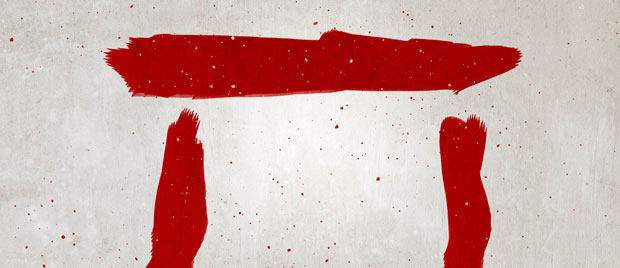Chazal describe the Jewish people as a miracle. Our foremothers, for instance, were physically incapable, the Midrash informs us, of bearing children. Yet, despite the laws of nature, they did.
Jewish history, no less, testifies to the miraculous existence of Klal Yisrael. Despite the vicissitudes of our history, our repeated scatterings and exiles, and the insane but ever-present desire of some to wipe us out, we have persevered, and persevere, as a people.
The alpha-point of our peoplehood is in our ancestors’ exodus from Egypt, their leaving behind of their servitude to men for the holy calling of servitude to Hashem. And in this week’s parshah, we read of the preparation for doing that, which includes the first Pesach sacrifice and, perplexingly, the placing of some of the animal’s blood on each Jewish home’s doorposts and lintel — a ritual referred to as an ōs — a “sign” (Shemos, 12:13).
But ōs can also mean a letter of the aleph-beis, the Hebrew alphabet.
The celebrated 16th century Torah luminary, Rabbi Yehudah Loew ben Betzalel, the Maharal, famously associates the number seven with nature, and the next number, eight, with “above” or “beyond” nature — what we would call the miraculous.
Picture the Jewish doorways in Egypt just before the exodus. Imagine away the edifice itself, leaving only the sign of the blood, in two vertical parallel lines along the doorposts and one horizontal one, above and connecting them.
The image is that of a ches, the eighth letter of the Hebrew alphabet.
© 2021 Rabbi Avi Shafran
